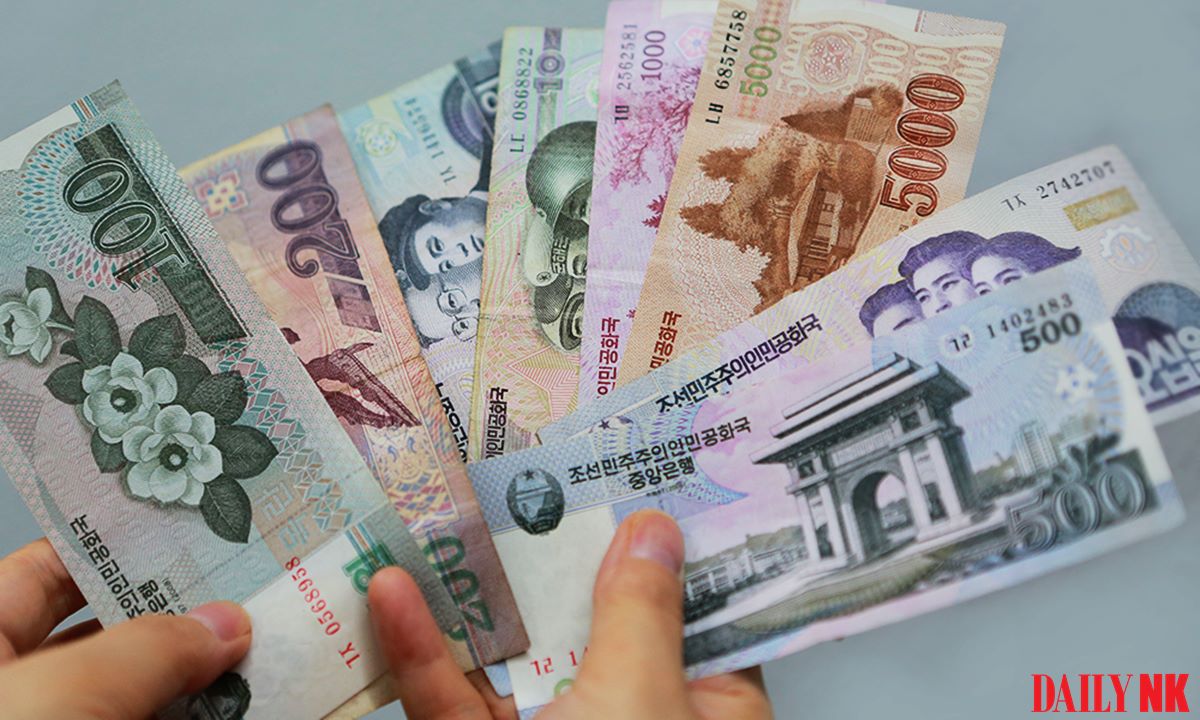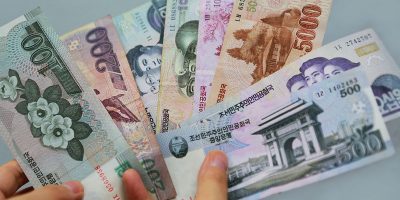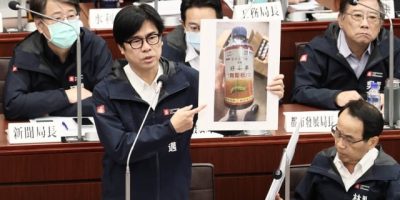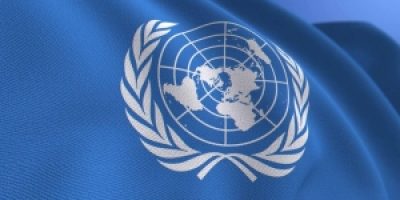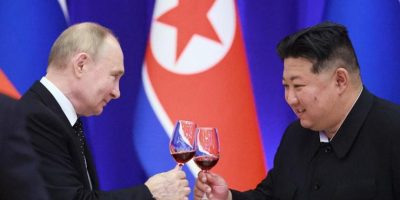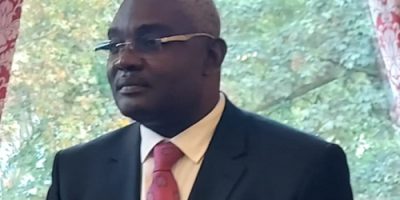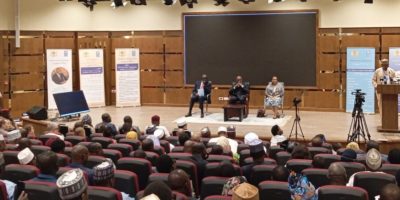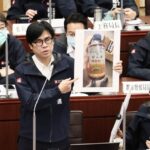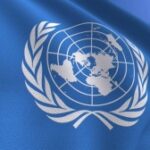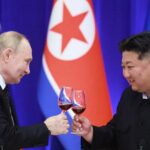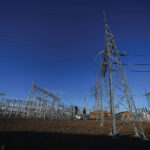North Korea has intensified its crackdown on foreign currency exchanges as market rates continue to climb. In recent weeks, authorities have banished multiple money changers and their families from Sinuiju to rural areas as punishment.
“Five money changers have been banished over the past month or so. Some of the families have been allowed to bring their possessions with them, but others have been sent away empty-handed,” a source in North Pyongan province told Daily NK recently.
In North Korea, banishment means being forcibly relocated to underdeveloped farming and mining areas. Banished individuals are also called “evacuees,” suggesting they have been “evacuated” from one area to another.
North Koreans consider banishment a severe punishment because once a family has been banished somewhere, there is little chance of the children being able to move somewhere better.
The banished moneychangers were punished for trading foreign currency privately in disregard of the state’s controls and sabotaging the state’s policy of stabilizing currency exchange rates.
In effect, the government is blaming private money changers for North Korea’s high market exchange rates, which are currently double what they were at the beginning of the year.
But North Koreans say the market rates have been soaring not because of money changers, but because of the government’s wrong-headed measures.
“The rising exchange rates obviously aren’t due to private currency exchange by a few money changers. It’s because the government keeps printing money for all these construction projects,” said a Sinuiju resident who knew one of the banished money changers.
“The state is obsessed with blaming and punishing people for not following its myriad rules without doing anything about the structural issues it ought to be addressing. The authorities seem to care little whether people starve to death,” he added.
Other North Koreans who heard about money changers being banished complained that the only people being sent away are small-time money changers who cannot afford the bribes.
In other words, the recent banishment of money changers is just an attempt by law enforcement agencies to show they are in line with the regime’s attempt to stabilize exchange rates. But the individuals who handle large volumes of foreign currency can get off scot-free, even if they are caught, by paying bribes and pulling strings.
That being said, the North Korean regime continues to publicize its ban on private money changing and punishment for violators of that ban.
“The authorities are holding lectures and training sessions that remind audiences not to trade foreign currency privately. But the more the regime resorts to controls and punishment, the more people try to get their hands on foreign currency,” the source said.
Daily NK works with a network of sources in North Korea, China, and elsewhere. For security reasons, their identities remain anonymous.
Please send any comments or questions about this article to [email protected].

